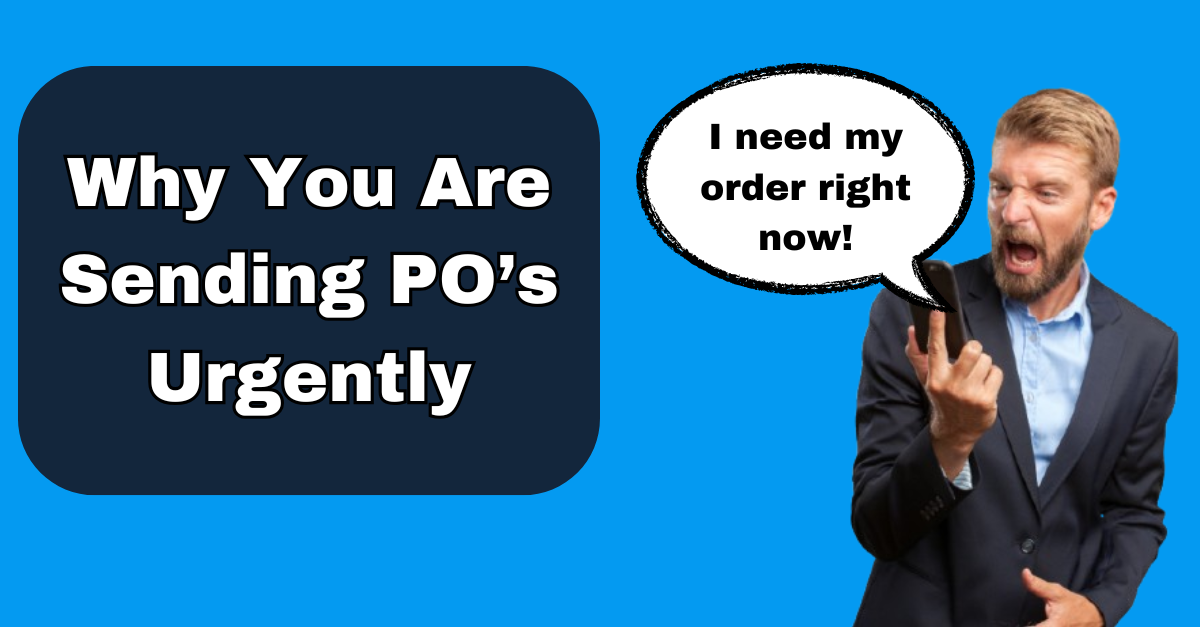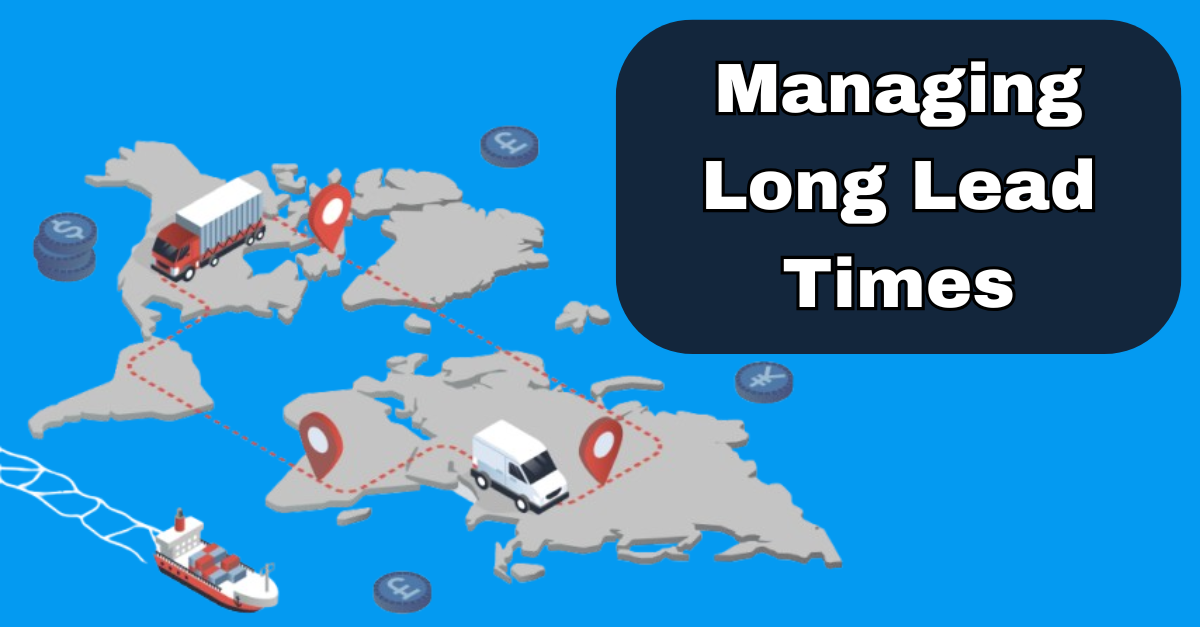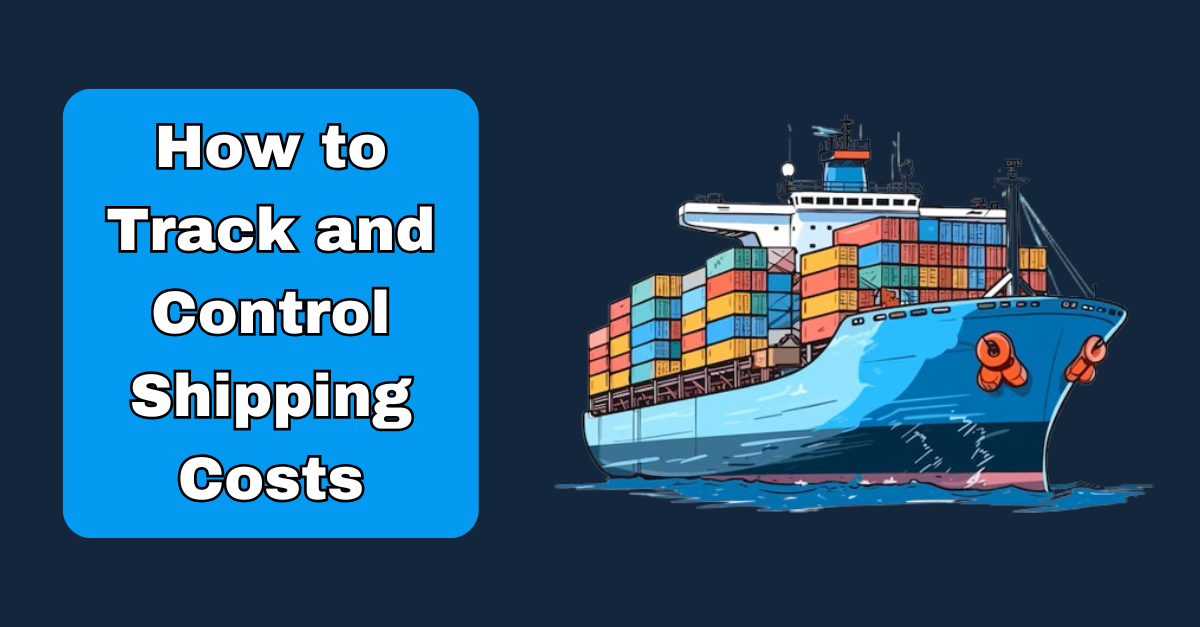Should I Outsource ERP Implementation?
ERP vendors can be tricky. The price you see on their website often hides a range of extra costs. Vendors know that switching ERPs is a hassle, and most businesses only do it when they have no other choice. So, once you're locked in, additional costs start showing up that you hadn’t anticipated.
One major hidden cost is ERP implementation. Setting up an ERP involves a lot of moving pieces, and as a small business owner, juggling all of them can be overwhelming. When that happens, outsourcing ERP implementation becomes an appealing option. Many ERP vendors offer their own teams to handle the setup. But here’s the catch—you’ve already spent a good chunk of money on the software, and now you’re faced with paying extra to get it up and running.
Unfortunately, many ERPs aren't as intuitive or user-friendly as they claim to be. When you hit those inevitable roadblocks, you might have no choice but to seek outside help. This could mean paying the vendor for their implementation team or turning to a consulting agency with industry expertise—both of which can be expensive.
The key is to choose an ERP that’s not only cost-effective but also straightforward to implement. Don’t fall for the initial low price tag without considering the hidden costs. Do your due diligence—talk to other businesses that have gone through the setup process. Ask about their challenges, whether they needed extra help, and how much it actually cost them. If you end up paying for implementation and ongoing support, shouldn’t that have been included in the original price?
Remember, if you don’t have in-house expertise, you could find yourself repeatedly paying for external help every time something goes wrong. So, before diving in, make sure you have a clear understanding of what implementation really entails and what it will cost you in the long run.










